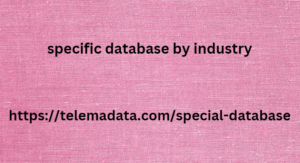SAMY Alliance presents CAOS, a methodology to “analyze the true effectiveness” of Community Management
By Editorial Staff with No comments Digital MarketingSocial networks
Share this content
SAMY Alliance , an alliance of agencies specializing in digital marketing and communication present in more than 15 markets, launches its latest study in which it presents its own methodology to “analyze the true effectiveness of community management (Community Management or CM) and advise marketing professionals on how to interact and strengthen relationships authentically with their audiences.”
As reported in a press release today
Wednesday, May 8, 2024, “until now, there have been no specific metrics to distinguish effective management of digital communities by brands; beyond classic performances or KPIs, community management remained a qualitative and less defined element in the strategy part.”
For this reason, he states that the exclusive CAOS ( Community, Advocacy & specific database by industry Outreach Score ) methodology offers brands “the opportunity to better understand how they are interacting with their audiences and understand the room for improvement to get the most out of their social networks, not only at the level of brand awareness and visibility, but also considering all the opportunities for interaction with users.”
What SAMY Alliance’s CAOS methodology offers
In his opinion, “with this understanding, brands can improve the relationship and satisfaction of their users, enhancing the loyalty of their users through engagement,” while emphasizing that “this methodology is especially relevant for brands what is the crime triangle? at the moment in which we find ourselves, where user experience has a crucial impact on purchasing decisions.”
SAMY Alliance ‘s CAOS methodology is based on a study of 45 renowned sportswear brands, where the analysis revealed that:
50 % of brands showed no visible signs of community america email list management. In fact, 5 out of 10 brands do not manage their social media communities.
30 % limited CM to basic support (likes and shares).
Less than 10% tried to increase conversions by feeding the social platforms’ algorithms.
42 % did not demonstrate community outreach on social media.







